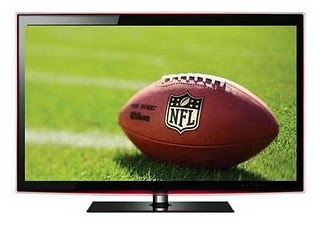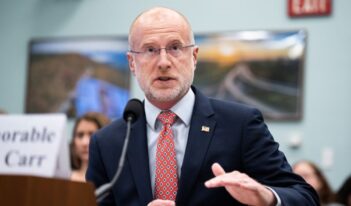
U.S. broadcast regulator accepts comments on petition to revise rules.
In response to a petition from industry and consumer groups, the Federal Communications Commission (FCC) announced last week that it is considering revising its sports “blackout” rules that prevent some fans from watching their home teams from the comfort of their homes.
The NFL, for example, requires broadcasters that provide service within 75 miles of stadiums to blackout home games that are not declared a “sell out” within 72 hours of kickoff. According to a league official, approximately 8 percent of NFL games have been blacked out over the last ten years, which is down from a high of nearly 50 percent in the 1970s, as more teams regularly sell out home games.
If a game is blacked out, which means that it is not broadcast in the home team’s media market due to a contract between the sports league and the broadcaster, current FCC rules allow the league to prevent cable and satellite providers from offering live coverage of the game in the team’s market.
Near the end of this year’s football season, Sen. Sherrod Brown (D-OH) sent a letter to the FCC, urging the agency to allow public comment on a petition that had been previously submitted to the FCC by sports fans and open media groups, asking the agency to eliminate its blackout rules.
In response to the FCC request for public comment, Sen. Brown stated he will “keep fighting” what he described as “an outdated rule which is unfair to the teams, the fans, and especially the taxpayers.”
During 2011, the NFL blackout rules primarily affected smaller market teams. Of the sixteen games that were blacked out, the Tampa Bay Buccaneers had six of their eight home games blacked out, while the Cincinnati Bengals had five.
The MLB, NBA, and NHL sports leagues also have blackout policies, although they protect television broadcast contracts by blacking out games in online subscription packages if the games are broadcast locally or nationally. For instance, a Philadelphia resident would not be able to watch a Philadelphia Phillies game online if it was broadcast locally or nationally, while a Phillies fan in Denver would be able to watch the game online as long as it was not broadcast nationally.
The FCC will accept public comments through February 13, 2012; reply comments are due February 28, 2012.
The photograph of NFL football on television is used unaltered under a Creative Commons license.



